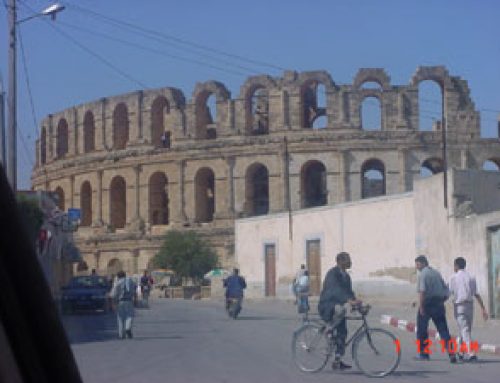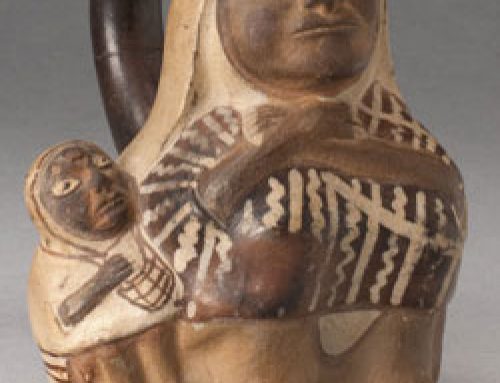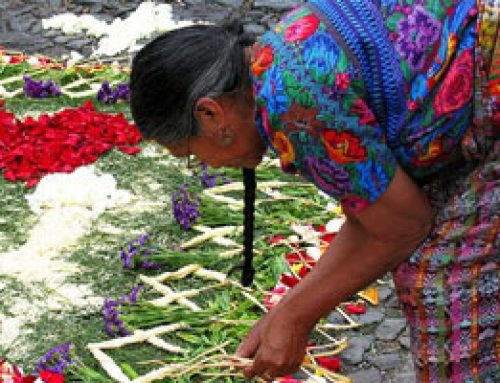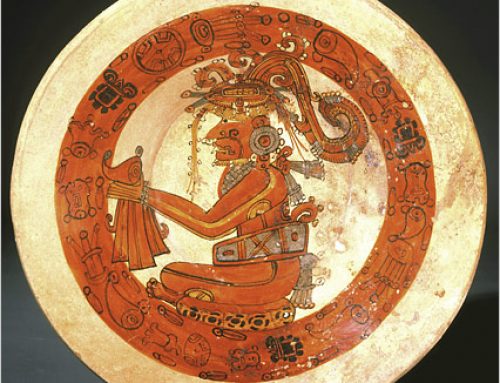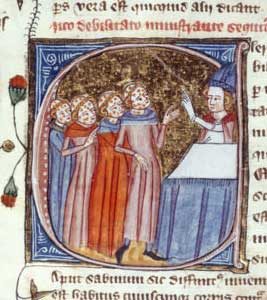
Priest blessing people who have the plague
Very soon after the crucifixion of Jesus, by around 40 or 50 AD, the early Christians began to choose leaders from among themselves. The Christians called these leaders presbyters, or “elders” in Greek. That’s where we get our word priest from. The congregation – the people who went to the same church – elected these early priests by voting. Some early priests were apparently women, because in 494 AD Pope Gelasius complained about it. He was upset “that women are encouraged to officiate at the sacred altars, and to take part in all matters imputed to the offices of the male sex, to which they do not belong.” (Epistle 14: 26). But most priests were men.
By the 200s AD, the priesthood had gotten more organized. There weren’t any more elections. Now bishops chose who would be a priest. In addition to leading his congregation, the priest was the only one who could celebrate Communion. He handed out the bread and wine to people. Priests were also the only people who could baptize people to make them Christians. (Priests didn’t marry people yet at this time). Christian bishops tried to make sure that all priests could read and write Latin or Greek. But they couldn’t always manage it, especially for priests in small villages.
In the Middle Ages in Europe, priests got control of more things than they had before. You needed a priest to be legally married. Priests baptized babies and gave you the Last Rites before you died so you could go to heaven. They kept village records of births and deaths and marriages. Priests were also responsible for collecting the tithe. That’s a special tax that you paid to the Christian Church. On the other hand, priests had to live by more rules than before too. In addition to being encouraged to learn to read and write, priests in western Europe weren’t supposed to get married or have children. But in Eastern Europe that was still okay.
What about Monks?
Or Nuns?
More about bishops
More about Christianity
Bibliography and further reading about the history of Christianity:
